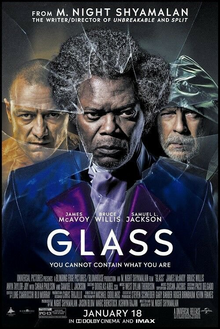 Glass
Glass
Year: 2019
Rating: PG-13
Length: 129 minutes / 2.15 hours
Much like Incredibles 2 (2018) felt like a movie that came out far too late, Glass (2019) caps a trilogy of films that technically started with Unbreakable (2000). Both the original Incredibles (2004) and Unbreakable were genre-defining movies for the practically non-existent superhero films that are all but ubiquitous today. The fact that they took more than a decade to capitalize on this phenomenon is part of the reason why both sequels feel somewhat dated. Sure, they recapture a bit of the charm of the originals, but that’s not enough to overcome what superhero films have evolved into since then.
If anything, Glass owes a debt of gratitude to its predecessor, Split (2016). If it weren’t for James McAvoy’s expert transitions between a dozen different personalities, I wouldn’t have been particularly interested in this final chapter of the trilogy. While Split was a return to form for Shyamalan, Glass seems like a bit of a regression. Perhaps this is due to the heavy burden placed upon Glass to combine two tonally different movies into a cohesive narrative, but the camerawork seemed a little more amateur than usual. Almost as if it wasn’t quite sure which film to imitate. It’s this kind of multiple personalities of the film itself that ends up shooting itself in the foot.
I will admit that the “twist” in Glass is relatively satisfying and wholly unexpected. I also appreciated the conclusive nature of this film as well. It’s pretty clear there aren’t going to be more sequels after this. After all, it’s clear that this film about superheroes is trying its hardest not to be a superhero film. In fact, it almost seems bitter that this genre of cinema exploded into what it is today, and it tries to talk down to those who find them to be pure entertainment (and nothing more).
An OK end to a trilogy of loosely connected films, I give Glass 3.0 stars out of 5.

